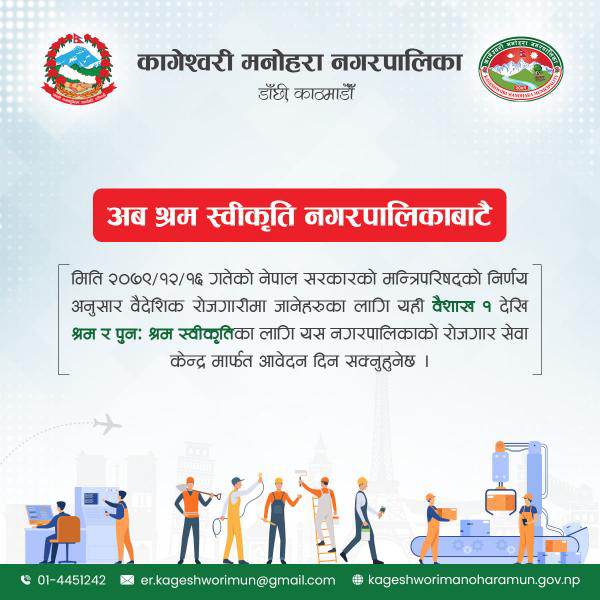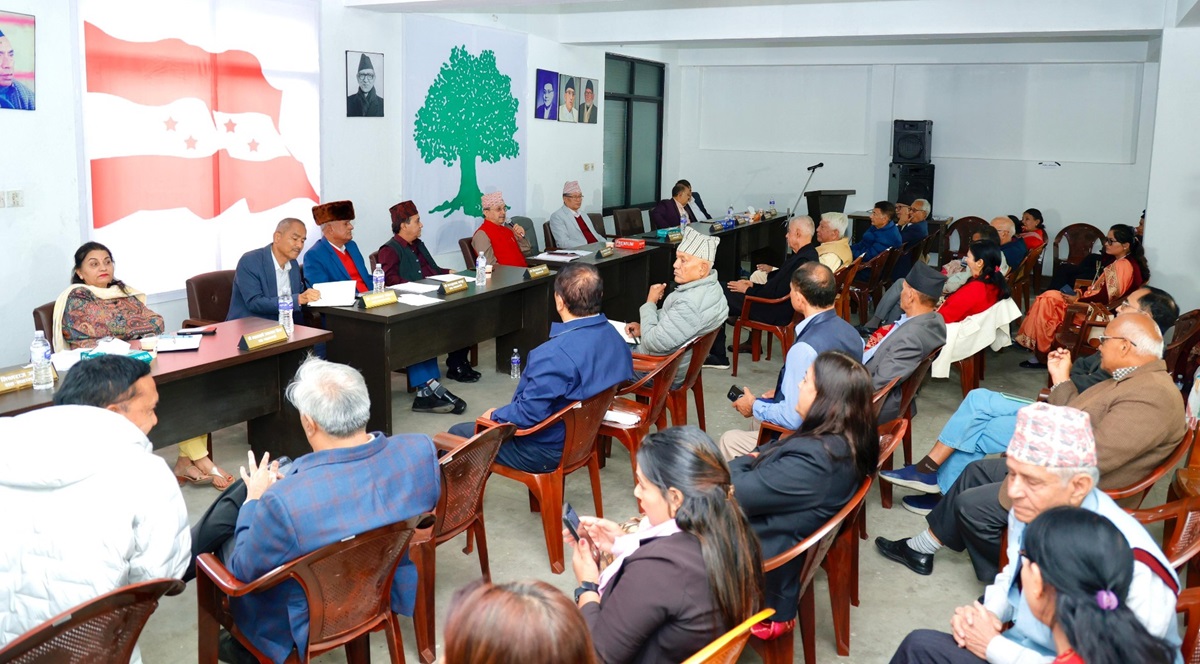
Article BY Netra Narayan Chapagain
J.M. Coetzee’s Disgrace (1999) deals with outrage of blacks in a social context of post- apartheid South Africa. It throws light on social setting of Truth and Reconciliation commission (TRC), where David Lurie, a white man is in the verge of transformation from his immoral deeds. This paper seeks to argue that Coetzee by allowing Lurie realize his individual shame of violating the life of a young girl, is evoking the realisation of shame in all whites for exploiting black people as slaves. It tries to unfold the guilt and shame realised by Lurie in terms of affect theory. It presumes that the collective guilt of white South African people is conveyed through Lurie’s crime and realization there by allowing Lurie to transform, understanding the plight of black people through his own suffering as a father. The objective is to analyse (a) white man’s hubris of being a white male, (b) his justification for ill deeds, (c) his sense of guilt, and shame. The novel succeeds in bringing about a massive change in the readers’ attitude towards David Lurie—a transformation from the affect of antagonism to him at the outset to sympathy at the end. Encapsulated in this transformation of affect is the drama of forgiveness in the backdrop of TRC.
Disgrace written in backdrop of TRC unveils Coetzee’s observation of the then South African society. In the novel, the trial of David Lurie is Coetzee’s allegorical reference to TRC. When Coetzee wrote this novel Nelson Mandela was in power. Mandela did not want to punish whites for their human right violation activities in the post-apartheid era and bring fissure in the society. However, there was tremendous pressure on Mandela for the trial of white perpetrators. So, this novel is an important document addressing the issue of white’s domination to blacks and black’s outrage towards whites. In the novel Lurie rapes a black girl and gives foolish logic to justify his deeds saying, “we have right to satisfy our desire” (90). He does not feel guilty until his own daughter is raped by black boys. Then he realizes raping is violating human rights. This suggests reference to TRC process. At the end he realizes his guilt and shame and that brings transformation in Lurie.
The middle aged white professor Lurie represents all whites in South Africa with hubristic attitude. He develops foolish pride in courting prostitute Soraya. When he finds her picture in a book under the topic “Exotic” he immediately sets for hunting which resounds white man’s foolish pride of hunting in Africa with the intention of colonizing. He also develops a foolish self-confidence which makes him to think that woman’s beauty doesn’t belong to her only. With his “serpent words” (16) he says, “woman’s beauty doesn’t belong to her alone. It is part of bounty she has a duty to share it” (16). It is his hubris of being a white male that makes him to rationalize his ill deeds. Michael Lewis in his essay, “ Self –Conscious Emotions” defines hubris as exaggerated pride or self -confidence often resulting in “retribution”(749). Lurie’s rationalization and philosophies are the result of his “exaggerated pride or self-confidence” of being a white man. Lewis writes, “Hubristic people have difficulty in their interpersonal relation, since their own hubris is likely to interfere with wishes, needs, and desire of others in which case there is likely to be interpersonal conflict(749). This is exactly what readers find in Lurie. He fails to maintain interpersonal relation with others because of his foolish rationalization.
Lurie’s rationalization of “rights of desire” is nothing but his imperialist mind set. He rapes his student Melanie, “thirty years his junior”(12). During “love making” (19), she is passive …her eyes closed, her hands slack above her head…she frees herself, gather her things and leave the room (19). This indicates sexual exploitation of a black girl. Being a professor, he does not show a sense of morality rather his justification for his deeds only evokes antagonism in readers. When he says “I was the servant of Eros”(52), this only adds readers contempt for him. His logic is actually parallel to white people’s logic of exploiting blacks in South Africa. That is the apartheid logic which insists on fulfilling all biological desire. This logic of “right of desire” is a flawed logic.
Lurie’s foolish pride and flawed logic drags him to lead a life of disgrace and shame. The society does not expect a professor like Lurie to rape his own student. When Melanie reports her victimization to the university, he is supposed to undergo counselling but he says, “No I am a grown man … I am beyond the reach of counselling (49). He stands with his flawed logic and foolish pride. He believes he has not done any crime. He opines that he is a male and he should have desire for a girl. He does not regard himself guilty rather refuses to “shed tears of contrition”(52) for his deeds. He shamelessly goes on to justify his deeds as if god acted through him. The justification of his deeds is ironic because he does not realise it until his own daughter Lucy is raped. When the hearing is held in the University, which allegorically refers to TRC, he says “ I have reservation of philosophical kind but I supposed they are out of bound(47). This further enhances readers’ antagonism for him. The reader clearly identifies his shame but he cannot. According to Lewi, “Shame is the product of complex set of cognitive activities; individual’s evaluation of their action in regard their SRGs and their global evaluation of self” (748). He wrongly evaluates his deeds. If he had realised his crime and accepted for contrition he would not have to give up his university career.
Coetzee’s politics in the novel is to bring shame of post-apartheid whites in public. He is “writing shame as part of an ethical practice. Shame forces us to reflect continuously on the implication of our writing” ( Probyn,73). So shame as an affect leads to corrective behaviour. Lurie’s shame is private but Coetzee’s writing of it makes it public. So Coetzee writes in the backdrop of TRC when blacks were demanding trial for whites. It was the time when black thought appropriate to take revenge. This is best reflected in the novel through Lurie’s daughter Lucy’s rape by three blacks. Lucy is traumatised by the incident but refuses to report to the police. However, Lurie says, “The police must find them…They did not come just to steal… After they did what they did you cannot expect Lucy calmly go on with her life as before. I am Lucy’s father. I want those men to be caught and brought before the law and punished. Am I wrong? Am I wrong to want justice? (119) Here Coetzee is putting Lurie in the shoes of blacks. Lurie then realizes his disgrace of raping a black girl. His logic changes from “rights of desire” to understanding of crime and justice. He leaves the perspective of victimizer and feels like abused black. Now he sees Lucy in the place of Melanie and his turnaround starts.
Lurie’s feeling of shame leads him to feel guilty and realize his mistake after his daughter’s rape. When wrong happens to his daughter he wants justice for his daughter. However, Lucy’s refusal to report to police suggests situation in the post-apartheid Africa where many South African believe in beauty of forgiveness that stops the chain of violence and revenge. She says, “I am prepared to do anything to make any sacrifice, for the sake of peace” (208). This also makes Lurie realise his guilt. He says, “It was history speaking through them”, he offers at last “A history of wrong…It may have seemed personal, but it wasn’t. It came down from the ancestor’s (156). It is at this point the readers find him realise his guilt. This hints towards his sense of right and wrong. He is no more engulfed with his wrong philosophy rather guilty for raping the girl. The white readers also realise that there exploitation of black was wrong.
Finally Lurie’s realization of shame indicates white’s realization of the shame of exploiting black people. His realization of shame and guilt makes him to visit Melanie’s father. He apologises, “I am sorry for what I took your daughter through. You have a wonderful family. I apologize for grief I have caused you and Mrs. Isaac. I just ask your pardon” (171). Like Lucy forgives rapist, Melanie’s father also forgives Lurie. His realization of guilt directs him towards corrective action. Lewis writes, “In fact the emotion of guilt always has associated with it a corrective action that an individual can take (but does not necessarily take) to repair the failure” (748). Lurie cannot repair his immoral deeds but after realizing his guilt he heads for corrective action. The man once a “servant of Eros” becomes devotee of Teresa. He gives up his Byron project. Instead he thinks of composing devotional song on Teresa. This song is spiritual. Likewise, “One Morning he glances up to see the faces of three little boys peering at him over the concrete wall. He rises from seat; the dogs start barking; the boys drop down and scamper off whooping with excitement what to tell back ,home: an old man who sits among dogs singing to himself”(212)! He helps sick dogs to recover and also euthanizes those who are in miserable health conditions. This suggests his love for all creature including blacks and marginalised. Finally this makes readers to leave their affect of antagonism towards him by showing a deep sense of sympathy for him.
In a nutshell, the novel succeeds in bringing about a massive change in readers’ attitude towards Lurie- a transformation from antagonism towards him to affect of sympathy at the end. The affect of shame comes as positive affect which Coetzee bestows on Lurie to evoke realization of shame in all whites for exploiting black people. Reading this novel, the white South Africans naturally feel ashamed of themselves. Thus, it is through Lurie, Coetzee is advocating individual logic to bring transformation in all whites.
Works Cited
Coetzee, J.M. Disgrace. United States of America: Penguin Books,1999. Print.
Lewis, M., M.W. Sullivan, C. Stanger, and M.Weiss. “Self-Conscious emotions: Embarrassment, Pride, Shame, and Guilt 46, (1989): 742-756.
Probyn, Elspeth .The Affect Theory Reader: Writing shame. Duke University press. 2010. Print.



















